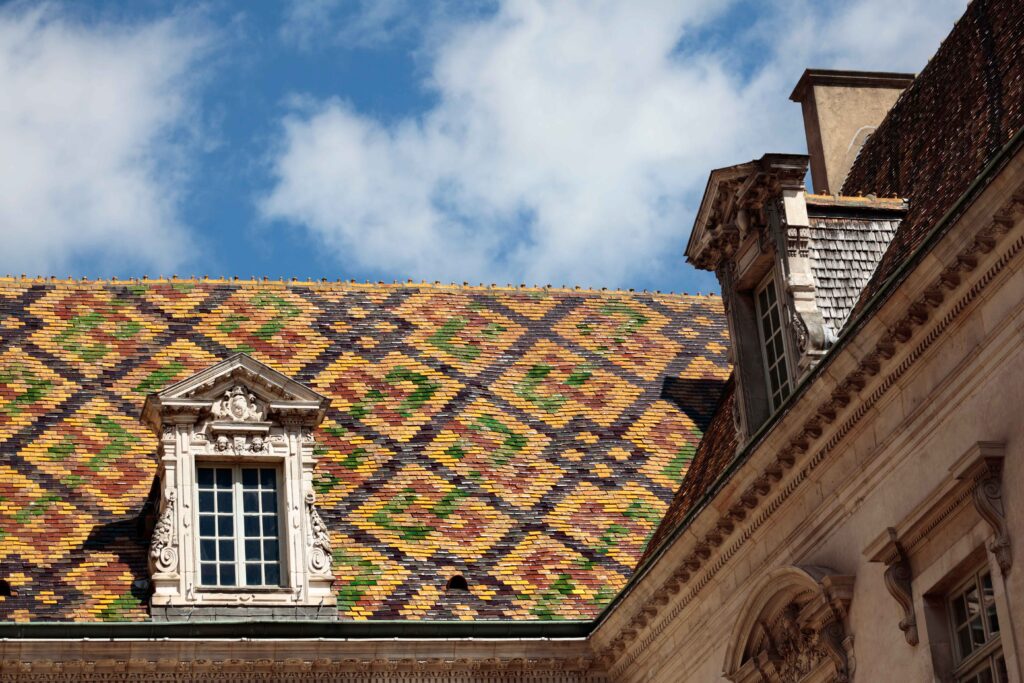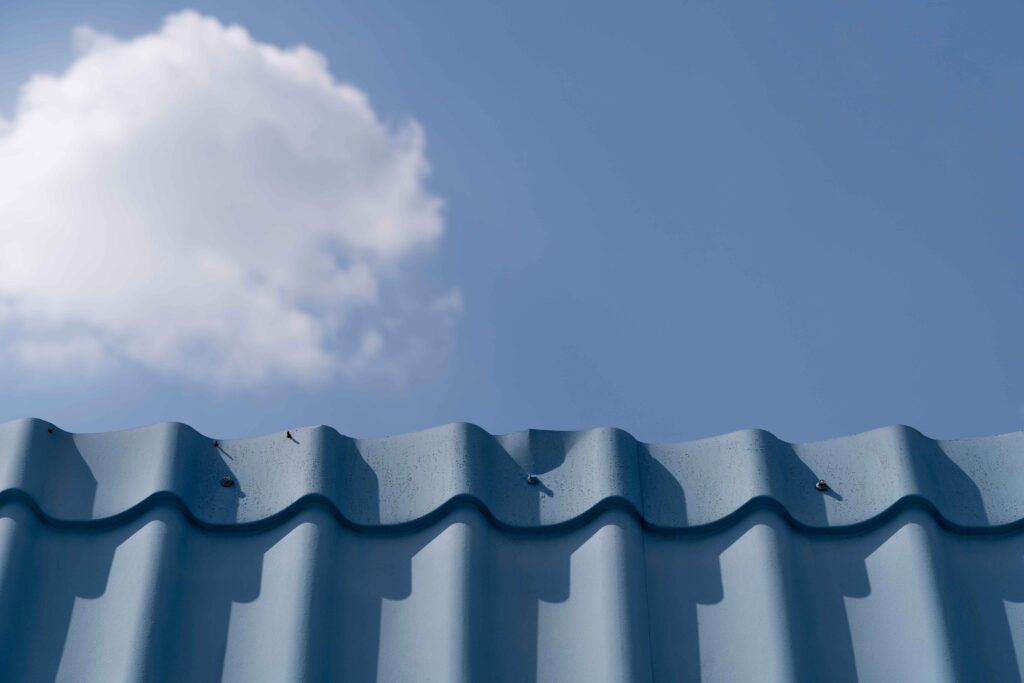Long-lasting roofing material pairs well with a variety of styles
Because of their durability and variety of colors and molded shapes, concrete roof tiles are worth
looking into.
Concrete tile roofs are masters of camouflage. From an architectural point of view, they can play
many roles. Molding styles are made to mimic natural clay, slate and shake roofs. Concrete roof
tiles also help make this material one of the most popular roofing choices worldwide.
Ingredient
Concrete roof tiles are composed of cement, sand, water and pigments. It is mass-produced in a
local facility where materials are mixed and extruded prior to coating, curing and preparation for
shipment.
Concrete roof tiles are widely used. They have a long lifespan, come in a variety of colors and
molded shapes, and cost less than clay, shakes, or slate.
Expense
Concrete tile roofs are more expensive, difficult, and time-consuming to install than asphalt,
composite, or shingle roofs. However, they are cheaper than clay or slate roofs. In many cases,
concrete tiles can be given a similar look for much less money.
Concrete roof tiles can usually be installed by a professional for a cost of about $7 to $10 per
square foot. A 2,000-square-foot single-story home with a 2,400-square-foot (in roofer’s
terminology, simply referred to as 24 square feet) roof would cost between $16,000 and $24,000,
while a real clay tile roof would probably cost twice that.
Option
Mimicry. The great thing about concrete tile is the range of options available. This material can
be molded into shapes that mimic barrel-shaped clay roofs, flat slate roofs, gabled heave roofs,
and everything in between. They also come in a variety of all-in-one stain colors, sometimes
antique coatings, and are blended to create a specific look that perfectly complements your home’s
architectural palate.
Lightweight. Another option is lightweight concrete tiles, which are less durable than basic
concrete tiles. If your home is not structurally designed to withstand the weight of a typical
concrete tile roof, lightweight concrete tile may be an alternative to asphalt or wood shingles.
Round semi-cylindrical tile. These variations have historically been formed by hand from clay.
Styles include mission “S” shaped tiles, barrel tiles and roman tiles and can fit a variety of home
styles such as Mediterranean, Spanish and Tuscan.
Flat tile. Flat tiles often mimic authentic slate tiles or wood shingles and shakes. Concrete roof
tile manufacturers offer tile shapes and colors designed to replicate a variety of wood shingle types,
as well as specific styles suitable for British and French homes. Forming slopes, scallops and finish
textures allow flat tiles to replicate certain historical shapes.
The roofing material of this French chateau-style home looks like authentic slate at first glance,
but is a concrete tile replica.

Advantages of concrete tiles
- Long life.
- Multiple style and color options.
- Fireproof.
- Anti-corruption.
- It is less expensive than slate or clay while providing a similar look.
- Lightweight tiles available.
Disadvantages of concrete tiles
- A concrete tile roof can last 50 years or more, but an underlayment won't. The underlying waterproofing material must be replaced before the concrete tile is replaced.
- More expensive than most asphalt shingle roof options.
- Most concrete roof tiles are heavy and homes must be structurally designed to support the weight.
- It's fragile. Plain concrete roof tiles also tend to crumble when walked on. A lighter and more expensive variety? Don't even breathe on them.
- Certain colors are not constant. It fades over time and lacks the truly authentic feel and rich tones that clay and slate roofs do.
Variable
For even versatility, concrete roofing can’t be beat. Compared to clay and slate, it can offer
significant cost savings and has a longer lifespan and better fire resistance than wood roofing
materials.
They may not look the same, but from a distance it can be really difficult for experts to tell the
difference between true old world roofing material and concrete roof tiles.
Next
Next, we’ll look at the wooden planks and shakes. For some, it is simply impossible to match the
natural look of cedar on a roof that is slowly turning a weathered gray.
View more roofing material options: slate | metal | asphalt https://kdroofers.com/
Nitharsana
Leave a Reply
Your email address will not be published. Required fields are marked *




